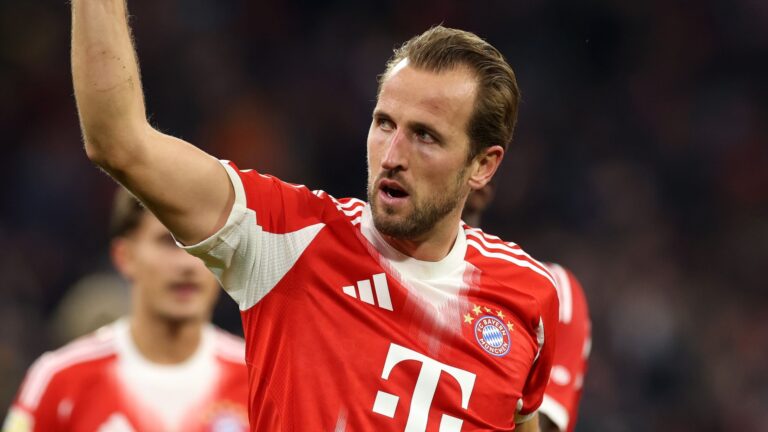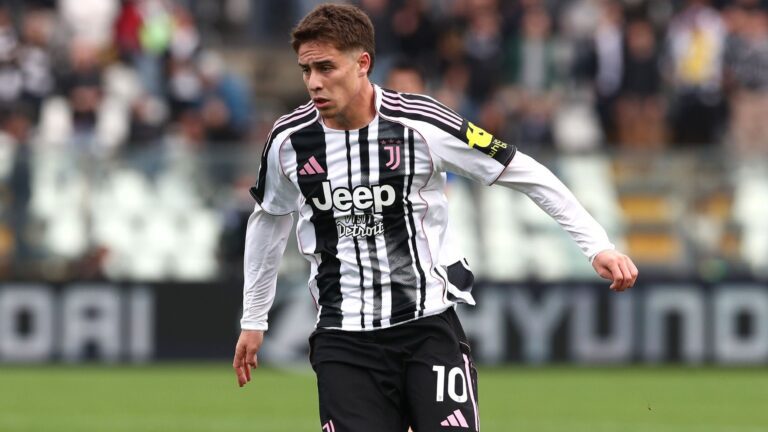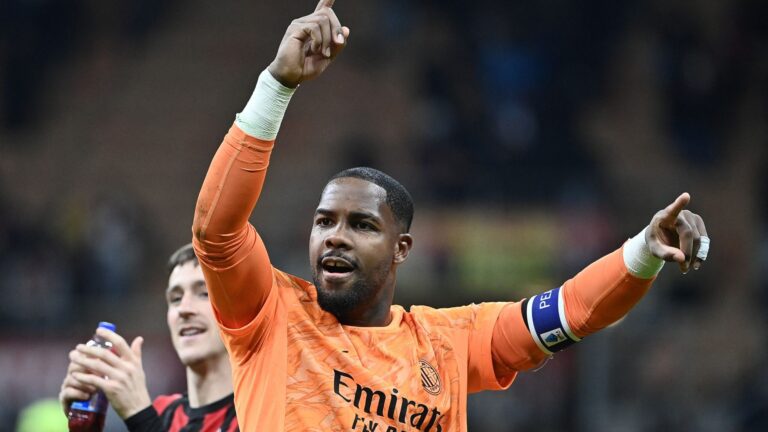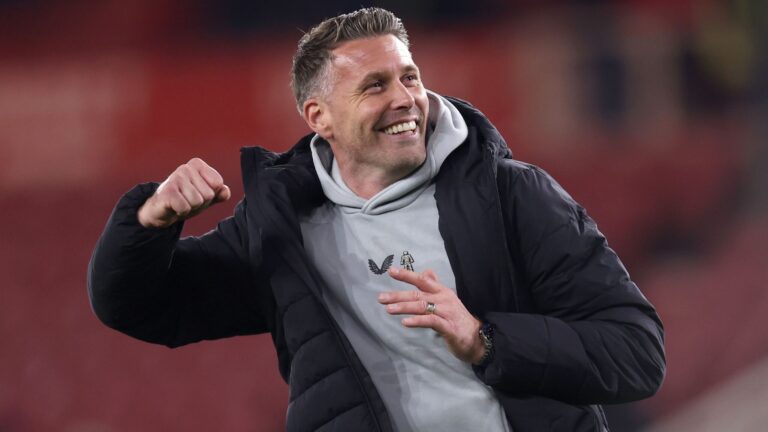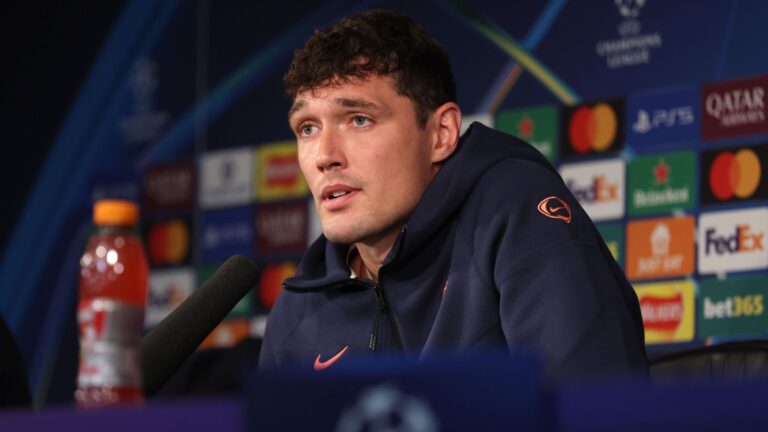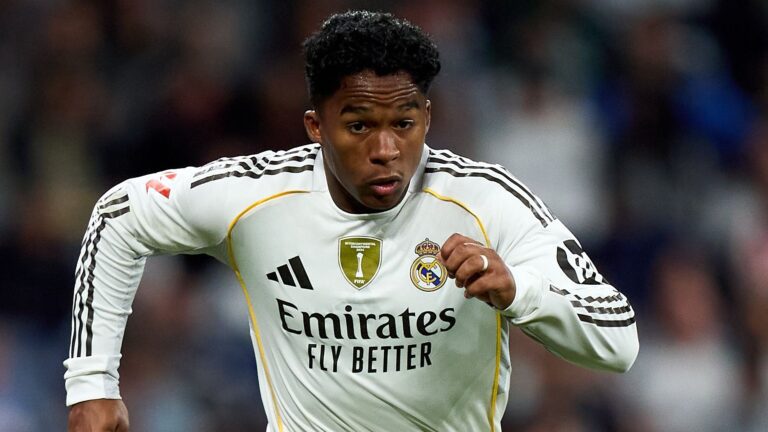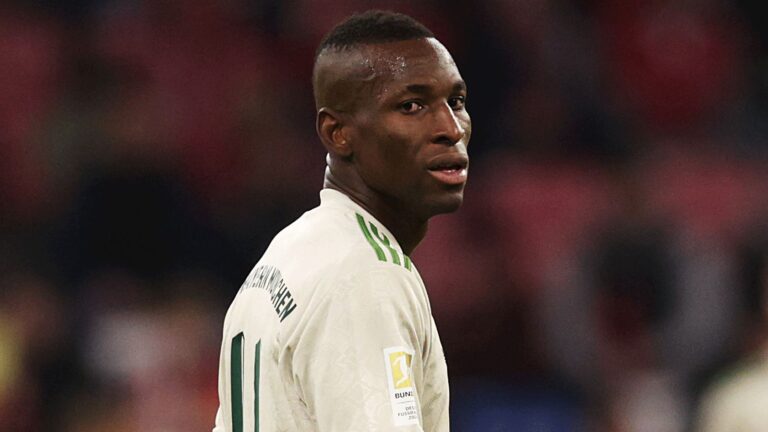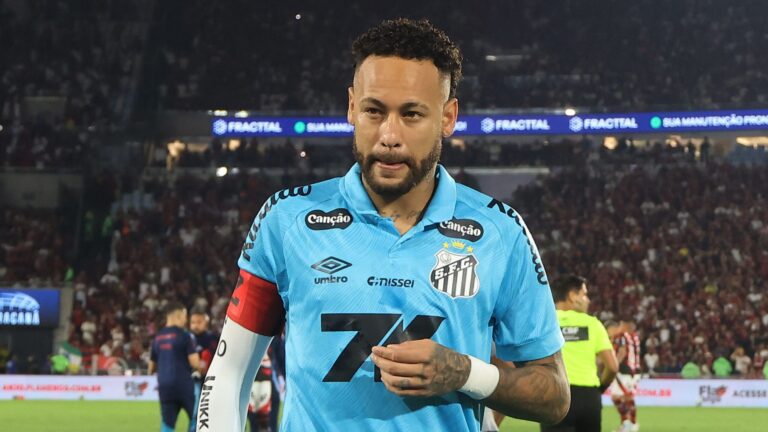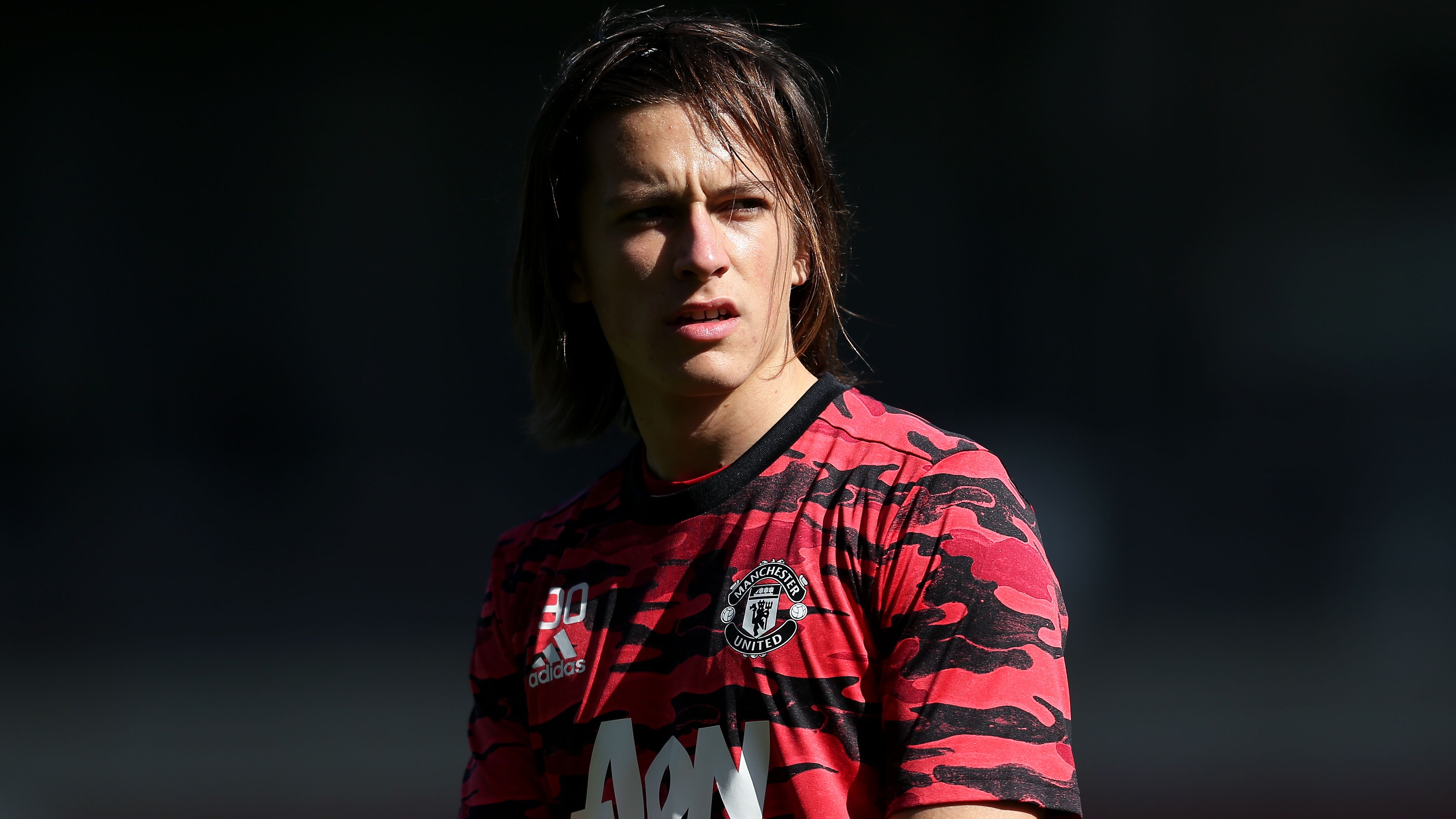
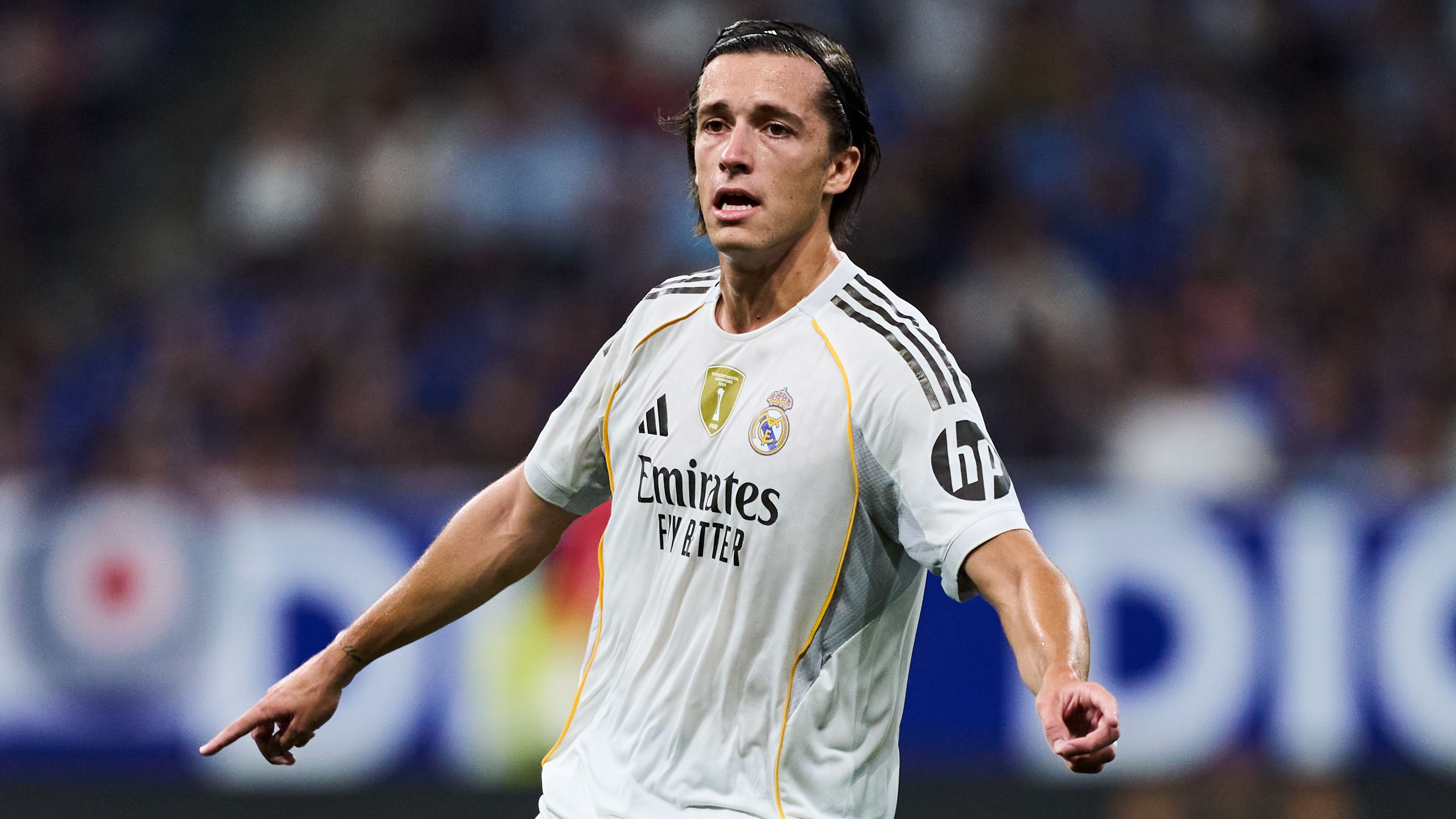
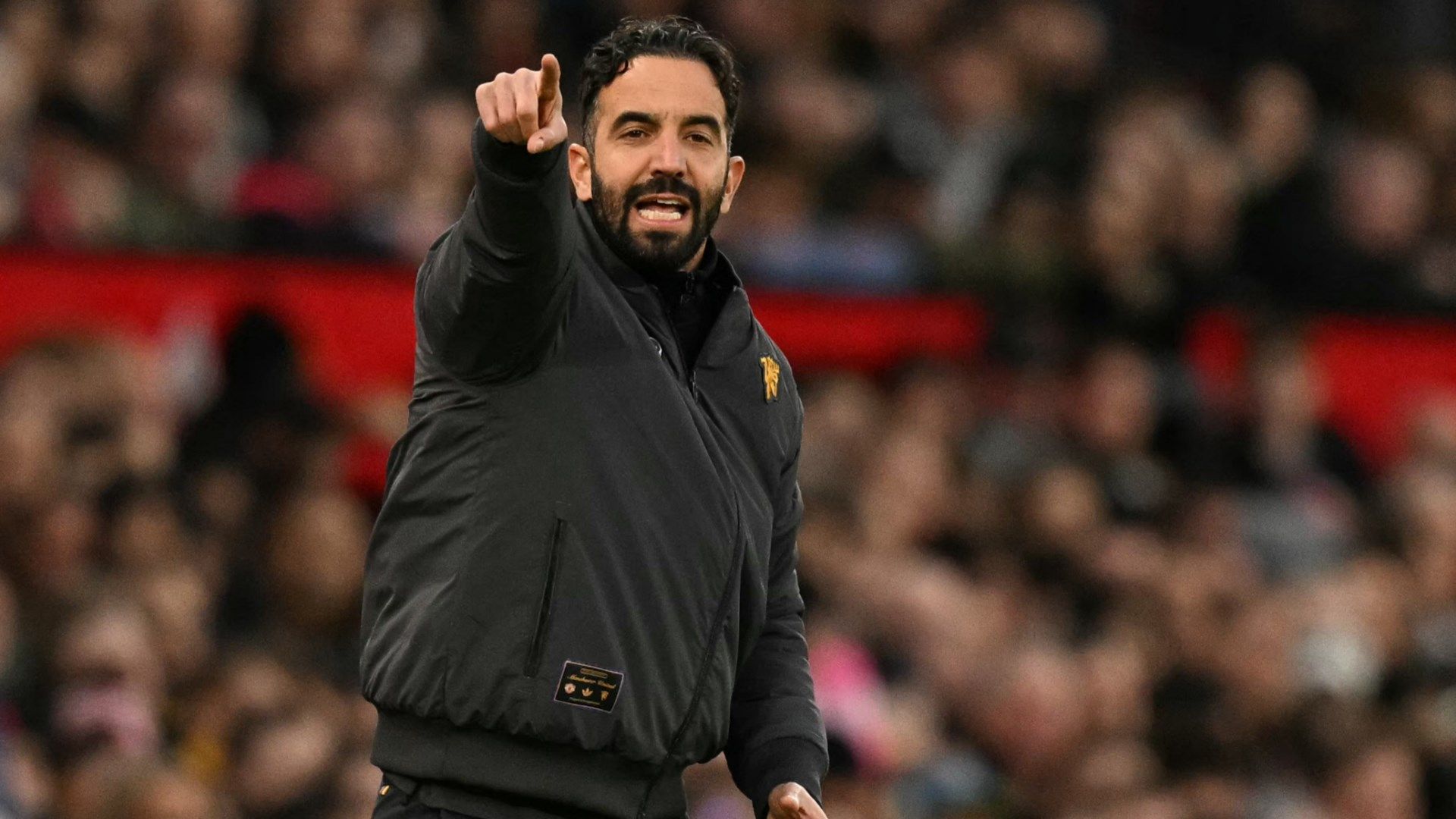
Why Manchester United’s Decision to Sell Alvaro Carreras Could Prove Regrettable
In a surprising turn of events that highlights the risks of parting with young talent, Manchester United and Alvaro Carreras saga serves as a cautionary tale for football clubs worldwide. Once overlooked at Old Trafford, this promising left-back has skyrocketed to prominence, prompting fierce debate about the club’s strategic choices.
The Rise of a Overlooked Talent
In 2024, Manchester United made the tough call to release the skilled left-back Alvaro Carreras on a permanent basis to Benfica, as he struggled to secure a regular spot in the first team. Now, a mere year on, the defender has caught the eye of Real Madrid, who secured his services for a substantial €50m (£43m/$58m) on a long-term six-year agreement. Although the club will see a healthy return from the transfer, insiders are vocal about the potential blunder in letting him slip away.
Insights from a Former Scout
Ex-Manchester United scout Sadowski shared his thoughts with Przeglad Sportowy, reflecting on Carreras’ journey: “He joined Manchester United around age 16 back in 2020. This dedicated and driven individual picked up the language swiftly – I can vouch for that from our personal interactions. Early on, his development looked promising; he went on loan to Preston, earned positive feedback, yet eventually, United opted to move on, sending him to Benfica at a modest price.”
Sadowski went on to praise the player, stating: “Carreras stands out as an elite-level talent. It’s highly likely he’ll emerge as one of the premier left-backs globally. His recent stunning strike against Valencia in La Liga is a prime example. United’s choice to release him was a major oversight, stemming from what I see as a hesitation to fully back emerging stars.”
Seeking intelligent football wagering options? Access professional analyses, fact-based forecasts, and valuable tips through BALLGM Tips on Telegram. Become part of our expanding network today!
Potential Departures and Youth Development Concerns
Midfielder Kobbie Mainoo might soon follow suit, facing uncertainty under manager Ruben Amorim and rumors of a possible departure from Old Trafford. Amorim has been busy bolstering the squad with acquisitions like Patrick Dorgu, Benjamin Sesko, Matheus Cunha, and Bryan Mbeumo, but Sadowski believes the coach is still reluctant to rely on academy prospects.
He elaborated: “From my recent experience at Blackburn Rovers with a far tighter budget, I’d have easily identified several players matching Dorgu’s caliber for United – in fact, for £25m, acquiring four such talents wouldn’t be an issue.”
Furthermore, Sadowski noted: “There’s a clear shift at United towards caution with young signings. Amorim was expected to champion youth integration, but given the uneven results, he’s leaning towards established stars instead.”
Amorim’s Current Challenges and Future Prospects
Ruben Amorim has navigated a rocky period since joining Manchester United, yet he’s now enjoying a streak of five games without defeat. Looking ahead, he’ll be focused on sustaining this momentum post-international break as domestic competitions kick off again. The team is set to face Everton at home on November 24, offering a key opportunity to build on recent progress.
The Background of the Criticism
In the world of football transfers, decisions made by clubs like Manchester United can spark heated debates among fans and experts alike. A former Manchester United scout has publicly voiced strong disapproval over the sale of what they described as an “elite player,” labeling it a significant error that could have long-term repercussions for the team. This critique highlights the high-stakes nature of player sales in the Premier League, where talent retention often defines a club’s success.
Who is the Former Scout?
When a former Manchester United scout speaks out, it’s worth paying attention, as these individuals have spent years scouting elite talent and understanding the inner workings of the club. Typically, scouts like this one have a deep-rooted history with Manchester United, having identified and recommended players who went on to become club legends. In this case, the scout in question might have been involved in the initial recruitment of the player, giving their criticism added weight.
- Key qualifications of scouts: Scouts for Manchester United are often former players, coaches, or dedicated analysts who evaluate potential signings based on performance data, physical attributes, and potential for growth. This expertise makes their insights invaluable.
- The scout’s perspective: Many former scouts maintain a passion for the club even after leaving, which can lead to candid opinions on decisions like player sales. For instance, they might argue that selling an elite player disrupts team chemistry and wastes years of development investment.
The Details of the Player Sale
The sale of an elite player from Manchester United often involves complex factors, such as financial fair play regulations, squad management, and strategic shifts under new management. In this instance, the scout’s criticism centers on how the club undervalued a player who was not just a star on the pitch but also a cultural fit for the team’s ethos.
- Identifying the elite player: While specific names vary, Manchester United has seen departures like those of Paul Pogba or Anthony Martial, who were once hailed as elite talents. The scout might point to metrics such as goals scored, assists, or even intangible qualities like leadership that made the player indispensable.
- Reasons behind the sale: Clubs sometimes sell players to balance the books or make room for new signings, but this can backfire if the player thrives elsewhere. The scout could criticize the timing, suggesting it ignored the player’s peak form or potential contributions to future Manchester United campaigns.
Why Was the Sale Seen as a Significant Error?
From a strategic viewpoint, the decision to sell an elite player can be viewed as a significant error if it weakens the squad’s depth or fails to maximize the player’s value. The former scout likely emphasized how this move overlooked the player’s proven track record and potential for further development within Manchester United.
Performance Impact on the Player Post-Sale
After leaving Manchester United, many elite players often excel at their new clubs, which can amplify the regret of the original sale. For example, if the player in question racked up impressive stats or helped their new team win trophies, it underscores the scout’s point about a missed opportunity.
- Statistical evidence: Let’s break it down-suppose the player averaged 10 goals per season at Manchester United; post-sale, they might double that figure elsewhere, highlighting a clear error in judgment.
- Long-term career growth: Scouts often predict a player’s trajectory, and selling too early could mean Manchester United lost out on years of elite performance that could have boosted their Premier League standing.
Consequences for Manchester United’s Team Dynamics
The ripple effects of such a sale can disrupt team dynamics, affecting everything from morale to on-field results. A former scout might argue that removing an elite player creates gaps in key positions, forcing the club to scramble for replacements that don’t always measure up.
- Squad depth concerns: Bullet points here illustrate the issue-loss of an elite player can lead to over-reliance on younger or less experienced teammates, potentially impacting Manchester United’s chances in competitions like the Champions League.
- Financial and strategic fallout: While the sale might bring in cash for new signings, the scout could critique the opportunity cost, noting that reintegrating similar talent takes time and resources that the club could ill afford.
Expert Opinions and Analysis in Football Transfers
Experts in football analytics and former club insiders often weigh in on Manchester United’s transfer decisions, providing a broader context to the scout’s criticism. This analysis can help fans understand why player sales are scrutinized so heavily in the Premier League.
Common Patterns in Elite Player Sales
Looking at historical trends, Manchester United has faced similar criticisms in the past, where selling an elite player led to fan backlash and poor subsequent seasons. The scout’s comments align with these patterns, emphasizing the need for better foresight.
- Case studies from other clubs: For instance, other Premier League teams have regretted sales that allowed players to shine at rivals, serving as a cautionary tale for Manchester United.
- Data-driven insights: Using metrics like transfer value versus on-field output, experts might show that retaining an elite player often yields higher returns than the sale proceeds.
How Scouts Influence Transfer Strategies
Scouts play a pivotal role in shaping transfer strategies, and their input is crucial for avoiding significant errors. In this scenario, the former scout’s criticism sheds light on internal debates that occur before major decisions.
- The scouting process: This involves scouting elite talent through global networks, evaluating players during matches, and predicting their fit within Manchester United’s system.
- Recommendations for improvement: Clubs could benefit from giving more weight to scout opinions, perhaps by implementing regular reviews or data collaborations to prevent future mistakes.
Lessons from Similar Incidents in Football
While every player sale is unique, patterns emerge that can inform better practices at Manchester United. A significant error like this one often stems from short-term thinking versus long-term vision.
Avoiding Future Transfer Mistakes
To minimize the risk of a significant error, clubs need robust strategies for evaluating elite players before sales. This could include more comprehensive risk assessments and scout involvement in decision-making.
- Best practices for clubs: Use bullet points to outline-conduct thorough performance reviews, consider the player’s age and potential, and weigh sentimental value alongside financial gains.
- The bigger picture: Ultimately, balancing squad needs with market demands is key, as highlighted by ongoing debates in Premier League transfer windows.
In exploring these aspects, it’s clear that the scout’s criticism isn’t just about one sale but reflects broader challenges in managing elite talent at Manchester United, making it a topic worth watching in future seasons.


